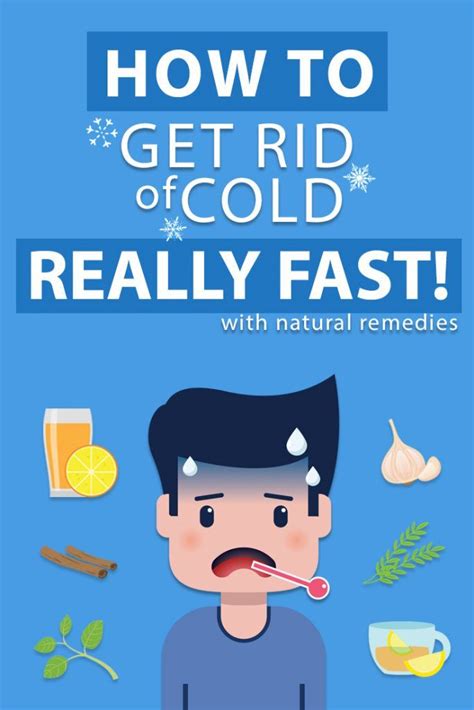How to Get Rid of a Cold: Fast Relief and Prevention Tips
Catching a cold is a common experience, but that doesn't make it any less miserable. That scratchy throat, the runny nose, the body aches – it's a recipe for feeling utterly awful. This guide will walk you through effective ways to alleviate cold symptoms and, importantly, how to prevent catching one in the first place.
Understanding the Common Cold
Before diving into remedies, it's crucial to understand what a cold is. It's a viral infection of your upper respiratory tract, typically caused by rhinoviruses. Unlike the flu, colds generally produce milder symptoms and don't usually lead to serious complications. However, that doesn't mean you should ignore them. Treating your symptoms effectively can significantly improve your comfort and shorten the duration of your illness.
How to Soothe Cold Symptoms
While there's no magic cure for the common cold, several strategies can help alleviate your symptoms:
Rest and Hydration:
- Rest is crucial: Your body needs energy to fight off the virus. Get plenty of sleep.
- Hydration is key: Drink lots of fluids like water, clear broths, and herbal teas. This helps thin mucus and prevents dehydration.
Over-the-Counter Medications:
- Pain relievers: Acetaminophen (Tylenol) or ibuprofen (Advil, Motrin) can help reduce fever, aches, and pains. Always follow the dosage instructions on the label.
- Decongestants: These can help relieve stuffiness, but use them cautiously as they can sometimes raise blood pressure.
- Cough suppressants: These can help control a cough, particularly at night. Again, follow label instructions carefully.
Home Remedies:
- Saltwater gargle: Gargling with warm salt water can soothe a sore throat.
- Humidifier: Adding moisture to the air can help loosen congestion.
- Chicken soup: While not a cure, the warmth and hydration can be comforting and may help thin mucus.
Preventing the Common Cold
Prevention is always better than cure. Here are some effective strategies to minimize your risk of catching a cold:
Hygiene Practices:
- Wash your hands frequently: Use soap and water for at least 20 seconds, especially after being in public places or before eating.
- Avoid touching your face: Viruses can enter your body through your eyes, nose, and mouth.
- Cover your coughs and sneezes: Use a tissue or your elbow to prevent spreading germs.
Boosting Your Immune System:
- Eat a healthy diet: Focus on fruits, vegetables, and whole grains.
- Get enough sleep: Aim for 7-8 hours of quality sleep each night.
- Manage stress: Chronic stress can weaken your immune system.
- Regular exercise: Physical activity strengthens your immune system.
When to See a Doctor
While most colds resolve on their own within a week or two, you should consult a doctor if:
- Your symptoms are severe.
- Your symptoms worsen or don't improve after a week or two.
- You have a high fever (over 101°F or 38.3°C).
- You have difficulty breathing.
- You have chest pain.
Remember, this information is for general knowledge and doesn't replace professional medical advice. Always consult a healthcare provider for diagnosis and treatment of any medical condition.
